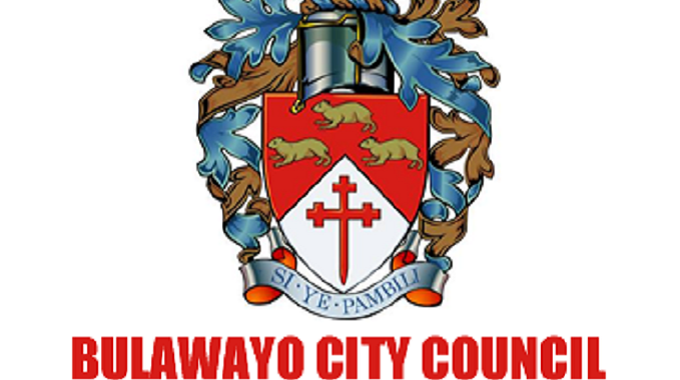
Nqobile Tshili,Chronicle Reporter
BULAWAYO’s dam levels have dropped to 42 percent at a time when water consumption has drastically increased above daily limits after council suspended the water shedding exercise in July.
The Bulawayo City Council has since warned that it might be forced to decommission another dam and reintroduce water shedding in November if water consumption remains too high.
In an interview yesterday, Bulawayo City Council (BCC) Director of Engineering Services Engineer, Simela Dube, said the city’s dam levels have dropped to 42 percent.
“Our water supply situation continues to deteriorate. Our dams are carrying almost 42 percent as of today. We have already indicated that we have decommissioned Upper Ncema (dam) and we are projecting to decommission Umzingwane by the end of November if the consumption remains this high,” said Eng Dube.
“Going into the dry season we expect the consumption to go up because of the hot season. We urge consumers to reduce consumption as much as they can. Since we lifted water shedding, our average consumption has been 150 mega litres per day out of our target of around 130 to 132 mega litres per day.”
BCC decommissioned Upper Ncema Dam in July leaving the city with five supply dams: Lower Ncema, Umzingwane, Insiza, Mtshabezi and Inyankuni.
Eng Dube said if council decommissions Umzingwane dam, it will be forced to reintroduce water shedding which was suspended in July.
“When we decommission Umzingwane, we will only be able to supply 115 mega litres per day meaning if consumption remains at 150 mega litres, it will start depleting our reservoirs and then we would have to bring back what we don’t like most, water shedding. But for us to avoid water shedding we are urging consumers to reduce their consumption. Council has publicised the new allocation schedules which we are asking residents to adhere to,” he said.
According to council’s daily water consumption limits, houses in the high density areas were allocated 450 litres per day while those in low density areas are limited to 650 litres a day.
Eng Dube said residents should employ water conservation methods such using buckets instead of tubs when bathing and using the bath water to water their gardens.
He said people should avoid brushing teeth using running tap water.
Eng Dube said in light of climate change and the city’s growth, council’s six dams can longer effectively service Bulawayo.
He said the construction of the Gwayi-Shangani Dam is one of the long term solutions to addressing the water crisis.
“As a city we are also looking at water re-use in partnership with the Zimbabwe Power Company to recycle water from Khami Dam so that industry can substitute use of clean water with secondary water that would have been recycled. Those are the initiatives that the city council is looking at in response to climate change,” said Eng Dube.
He said public institutions and the private sector should consider water harvesting initiatives.—-@nqotshili
